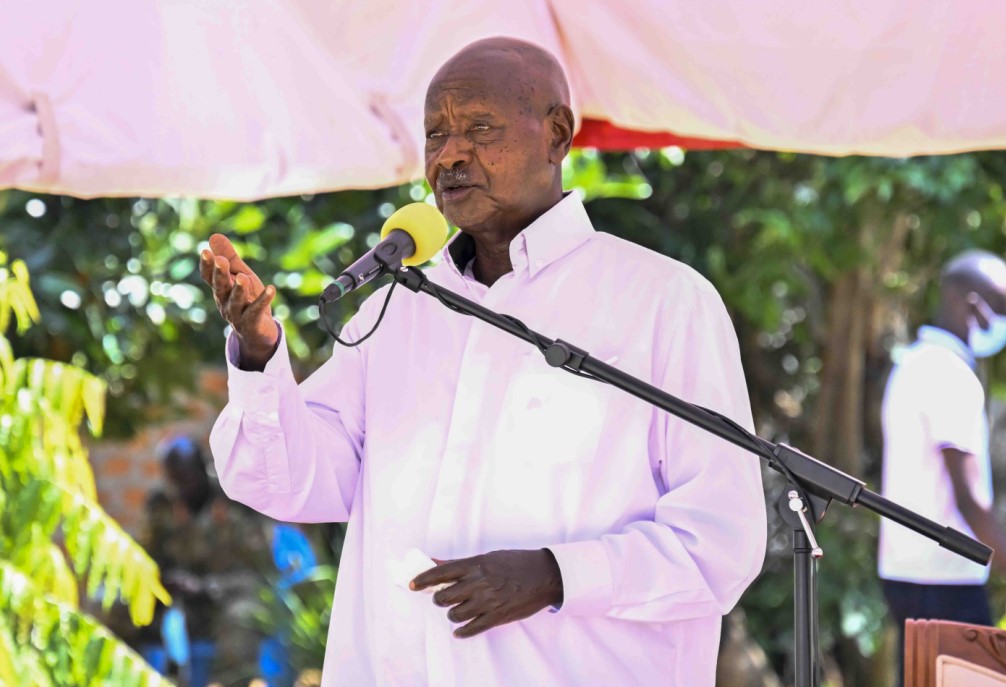Mr. Joseph Ijara, the proprietor of Teifa Farm in Kakusi cell, Serere District, today shared an inspiring journey of resilience and success, proving that with the right mindset and determination, transformative change is possible.


Recover your password.
A password will be e-mailed to you.
